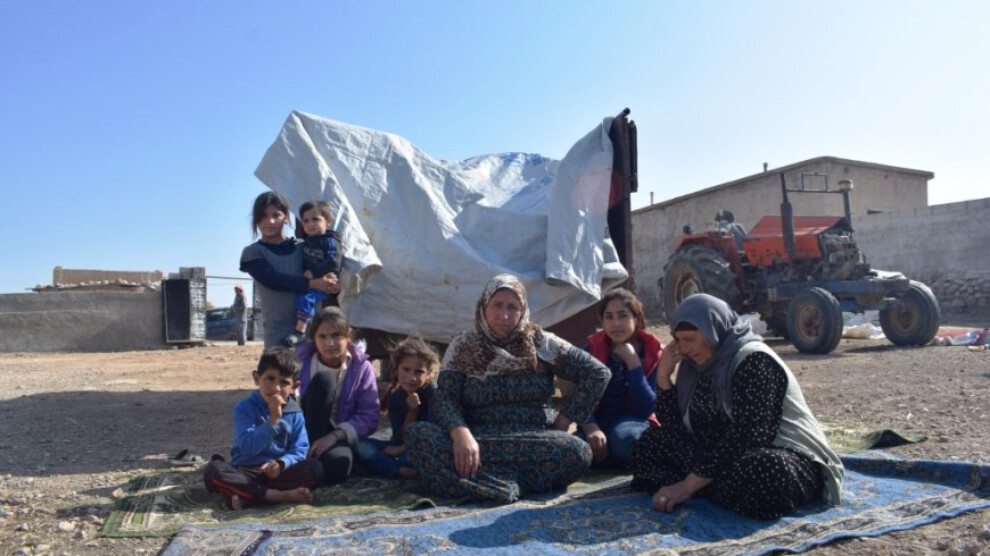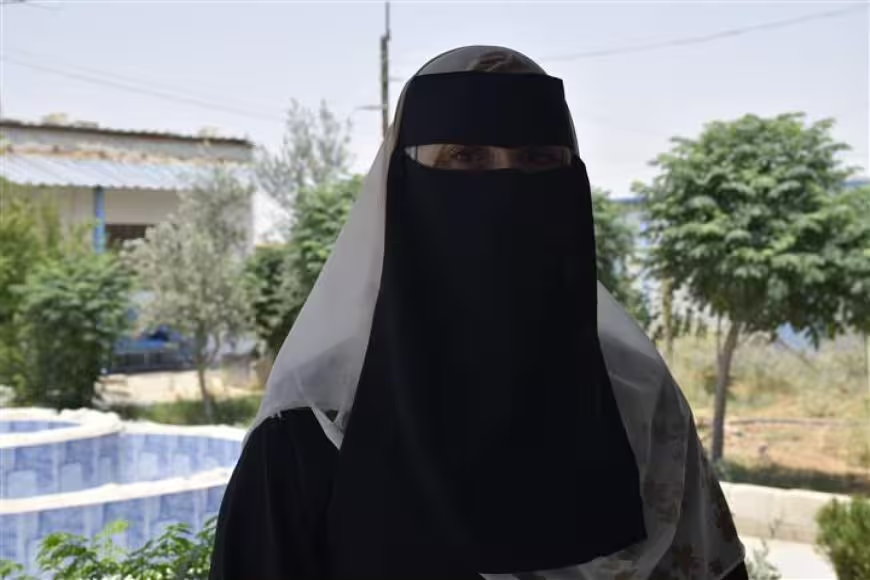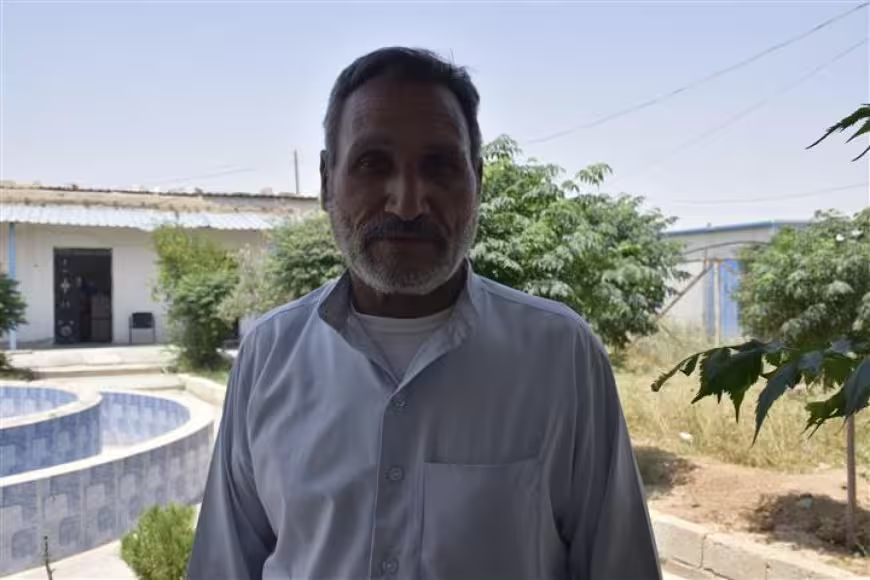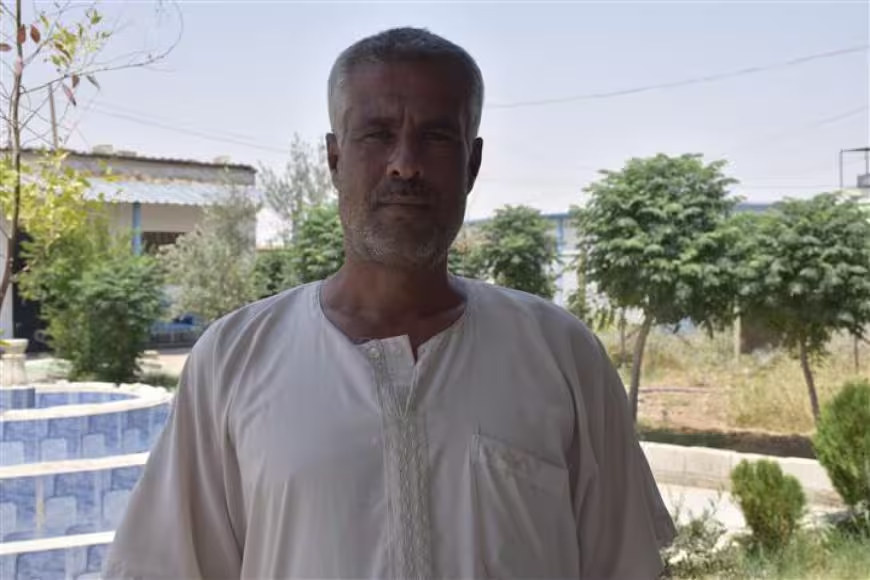Syrian IDPs await concrete steps for safe and dignified return
Thousands of Syrian IDPs, still living in tents, demand safety, housing, and education as prerequisites for a dignified return home.
Thousands of Syrian IDPs, still living in tents, demand safety, housing, and education as prerequisites for a dignified return home.

On June 1, 2025, the Democratic Autonomous Administration of North and East Syria and the Syrian Transitional Government held their first official meeting. During the talks, an agreement was reached to accelerate the safe and voluntary return of Syrian IDPs to their regions. While the transitional government has yet to implement concrete measures to make the return of thousands possible, the Autonomous Administration continues its efforts to advance the process.
On January 23, 2025, the Autonomous Administration issued a decision to facilitate the return process for IDPs who wish to return voluntarily from the Hol and Al-Arisha camps in Cizîrê Canton. The process is being carried out under the supervision of the Social Affairs Council, the United Nations High Commissioner for Refugees (UNHCR), and the Internal Security Forces. To date, eleven convoys have voluntarily returned from Al-Arisha Camp, located south of Hesekê. Around 11,000 people -more than 2,100 families - still remain in the camp.
Speaking to ANHA, the IDPs remaining in the camps have expressed frustration over the delays and the lack of adequate support. They cite insecurity, destroyed infrastructure, and economic hardships as the main obstacles preventing their return.
Neither security nor housing exists
Fatima Mihemed Eli, who was forced to flee from the western countryside of Deir ez-Zor, explained that security risks still persist in her region: “Crimes are still being committed in our area, and mines left over from the war continue to explode, posing a serious threat to civilians. We hoped for a safe return, but the current reality endangers our lives. We call for the presence of neutral United Nations forces to ensure our safety, the reconstruction of infrastructure, and the provision of basic services.”

We do not even have a home
Another displaced person, Kazim Telal El Katai, drew attention to the issue of housing and said: “Even if security is ensured, we have no place to stay. Our homes have been completely destroyed. I have four children who married while in the camp. If we have no roof over our heads, how can I take them out of here? We call on international organizations to help us and create conditions that will allow us to live a dignified life.”

Our children are deprived of education and hopeless about the future
Ayda Dawûd El Huweydî, who comes from the city of Meyadîn in Deir ez-Zor, emphasized the severe lack of education and said: “Our children are hopeless and desperate because they have no access to education. We survive in the camp only through the aid we receive. Even if we return, we have no means to make a living. Our children learn nothing but anxiety and worry. We are requesting both psychological and educational support.”
Ayda El Huweydî summarized the demands of the displaced people as follows: “A safe and stable living environment must be provided, along with infrastructure, housing, and basic services. In addition, economic, educational, and psychological support is essential to help families reintegrate into society.”
